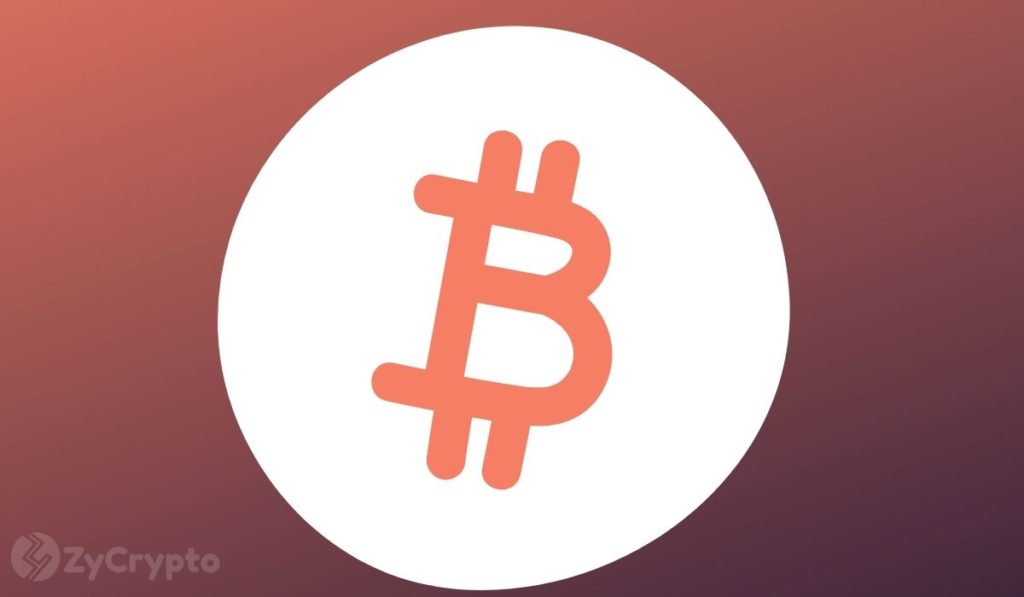2022-9-8 03:00 |
Bitcoin brings financial education to the forefront of people’s minds in a world which has lost interest in the topic.
This is an opinion editorial by Pierre Corbin, the producer and director of “The Great Reset And The Rise of Bitcoin” documentary.
In his book, William N. Goetzmann describes that there have been periods in history during which people had greater financial education than the general public has today.1 One such period was during the great times of Ancient Greece, particularly in Athens.
Athens in 400 BCE was very special, and remains special to our history, because this is where democracy was invented. Their democracy was different from our modern democracy, though. In particular, when it comes to the involvement their citizens had in the day to day activities of the government. Athens had created a complex system of bankers and insurers to simplify the trade of grain and increase the security of investor’s portfolios. Many ships sunk in the Aegan sea during these times, and these financial instruments allowed them to protect one’s investment and share the risk of their business with the industry, through insurance.
Of course, there were often disputes around these topics that needed to be settled in court. The court system in Athens was built to accommodate this particular type of issue, and was used for every other topic, too. Here are a few rules on how their court system worked that Goetzmann shares in his book1 :
The jury was composed of 500 citizens per trial, chosen randomly from society.The maximum length of the trial was one day — the matter was settled at the end of the day.The jury did not deliberate together, they voted.The defendant and plaintiff represented themselves, but sometimes had their speeches written out by famous orators.Athens, at its peak around the 4th century BC, had 30,000 adult male citizens entitled to vote in the assembly (there were an additional 70,000 citizens that were women, children and other men that were not allowed to vote. There were also 150,000 aliens and slaves living within the city walls who were not counted as citizens and did not take part in the decisions of the city), so 500 people involved in each trial represented 1.6% of the population.
Imagine this in today’s world: 5.3 million Americans would have to be part of each jury. Or 22 million Chinese citizens would be involved. Sounds impossible, although we do have one technology that didn’t exist in Athens that could simplify the matter: the internet. Maybe this kind of jury could be re-adapted today? The outcome of trials wouldn’t be the source of such debate because 1.6% of randomly selected individuals can be considered a big enough sample to represent society as a whole for a given trial. Beyond leading to a fair trial system, it also leads to more transparency and lowers the powers of influence that sometimes exist for the important trials.
In his lifetime, the average Athenian attended multiple trials, including the complex ones, and faced topics such as finance, risk, long term investment, compounding, etc. Today, we still have records of such trials. One example is the story of Demosthenes, an Athenian that had his heritage stolen by his uncles because he was too young when his father died. As an adult, he took his uncles to trial. Here is an extract of his depiction of the situation:
“My father, men of the jury, left two factories, both doing a large business. One was a sword-manufactory, employing thirty-two or thirty-three slaves, most of them worth five or six minae each and none worth less than three minae. From these my father received a clear income of thirty minae each year. The other was a sofa-manufactory, employing twenty slaves, given to my father as security for a debt of forty minae. These brought him in a clear income of twelve minae. In money he left as much as a talent loaned at the rate of a drachma a month, the interest of which amounted to more than seven minae a year... Now, if you add to this last sum the interest for ten years, reckoned at a drachma only you will find that the whole, principal and interest, amounts to eight talents and four thousand drachmae".1
How many average citizens of our modern world would be able to follow such an argument? It mentions two businesses, loans, interest rates and their compounding effects. Today, most people don’t understand what compound interest is, and it is one of the most simple long-term thinking concepts in finance.
Our financial system has been layered with many levels of complexity and is presented as a complex topic, including when it comes to personal finance. I believe this has been done through time by the people working in the industry for two reasons:
By making individuals believe it is a complex topic, they will hire professionals to manage and custody their funds.Governments can give the impression of being in control of our financial system, and force their citizens to rely on their expertise, thereby lowering their personal engagement.Today, people are starting to understand the impact inflation can have on their lives. They don’t necessarily understand where it comes from, but they understand that they need to do something about their personal finances or their savings will slowly be crushed by inflation. This inflationary way of thinking has always been there. This is part of the reason why people invest in real estate and has pushed the prices so high. Today, it is pushing people towards even riskier investments. This is part of the reason why the cryptocurrency world has seen such a boom and seems so attractive to many — high reward, but also high risk.
People entering the cryptocurrency space will slowly start making the distinction between bitcoin and altcoins at some point (often because of a shitcoin losing 99% of its value or a hack making them lose their funds). We will write a follow-up article about this topic in particular: Bitcoin is not crypto.
Because of the way Bitcoin is built, people gain their financial independence. You are the sole owner of your assets and no-one can take control of your assets unless you give access to them. This is extremely empowering, but can also be a scary endeavor: it has the potential of opening users up to more risk. This means that people need to take responsibility for their financial decisions. Every decision is their own, and in order to avoid mistakes, people need to educate themselves.
This education starts with understanding bitcoin wallets, but quickly moves on to more complex topics:
What is the Bitcoin blockchain?How does it work?What is money?What does store of value mean?What is modern monetary theory?What is quantitative easing?Who controls and benefits from our system?And many more that one by one open up the mind to the way our financial system works. There are many great thinkers and contributors in the space that help understand these points.
People are now forced to take control of their own funds and take responsibility for their personal finance. The veil that has always laid on the world of finance is slowly being lifted, and what used to be seen as very complex topics are becoming day-to-day topics for many. This is due to the fact that the trust that we once had in centralized financial institutions is now gone because of decades of abusing customers, bailouts and more.
The Athenian system was not able to scale with the growing number of people in cities and in countries. But given our current technologies, is a similar system so hard to imagine today? Maybe bitcoin can be the asset that leads the way in this direction, thanks to its cryptographic properties, but also thanks to the added benefit of its passive properties, including the fact users need to educate themselves, which can only benefit them and our society.
Sources: Money Changes Everything - How Finance Made Civilization Possible | William N GoetzmannThis is a guest post by Pierre Corbin. Opinions expressed are entirely their own and do not necessarily reflect those of BTC Inc. or Bitcoin Magazine.
origin »Bitcoin price in Telegram @btc_price_every_hour
Bitcoin (BTC) íà Currencies.ru
|
|
























